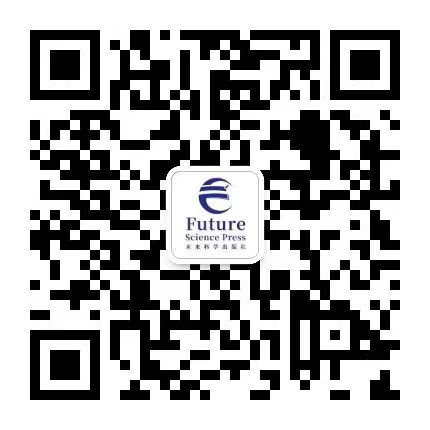作者:辛 晴
院校:河北师范大学(河北 石家庄 050024)
全英语人文通识课程;新工科;理工高校;人文素养;跨学科能力;国际视野;课程设计;学生反馈;成果评估;教育挑战
[1] Dahmen, N. S., & Zawacki-Richter, O. (2020). The Future of Higher Education: National and International
Perspectives. Springer.
[2] Marginson, S. (2016). Higher Education and the Common Good. The World View, 6(4), 2-4.
[3] Shuman, L. J., Besterfield-Sacre, M., & McGourty, J. (2005). The ABET “professional skills” – Can they
be taught? Can they be assessed? Journal of Engineering Education, 94(1), 41-55.
[4] Interdisciplinary Research and Education: The NSF Model. (2009). National Academy of Sciences.
[5] Smith, J. A., & Johnson, L. B. (2020). The Role of Humanities and Social Sciences in Engineering
Education. Engineering Studies, 12(3), 220-237.
[6] Jones, M. R., & Smith, K. (2019). Globalizing the Curriculum: The Impact of an Internationalized General
Education Curriculum on Graduates’ Global Perspectives and Practices. Journal of Studies in International
Education, 23(3), 334-350.
[7] Brown, M., & Hanlon, M. (2020). Enhancing Engineering Education through Interdisciplinary Learning:
Lessons from a Pilot Program. European Journal of Engineering Education, 45(3), 403-418.
[8] Blackwell, R., & Kohl, A. (2017). Assessing Critical Thinking in the Humanities: Investigating the
Effectiveness of the Ennis-Weir Critical Thinking Essay Test in a Humanities Context. Assessment &
Evaluation in Higher Education, 42(3), 475-491.
Copyright © 2021-2022 未来科学出版社 All Rights Reserved.
+65 6396 6190

微信二维码